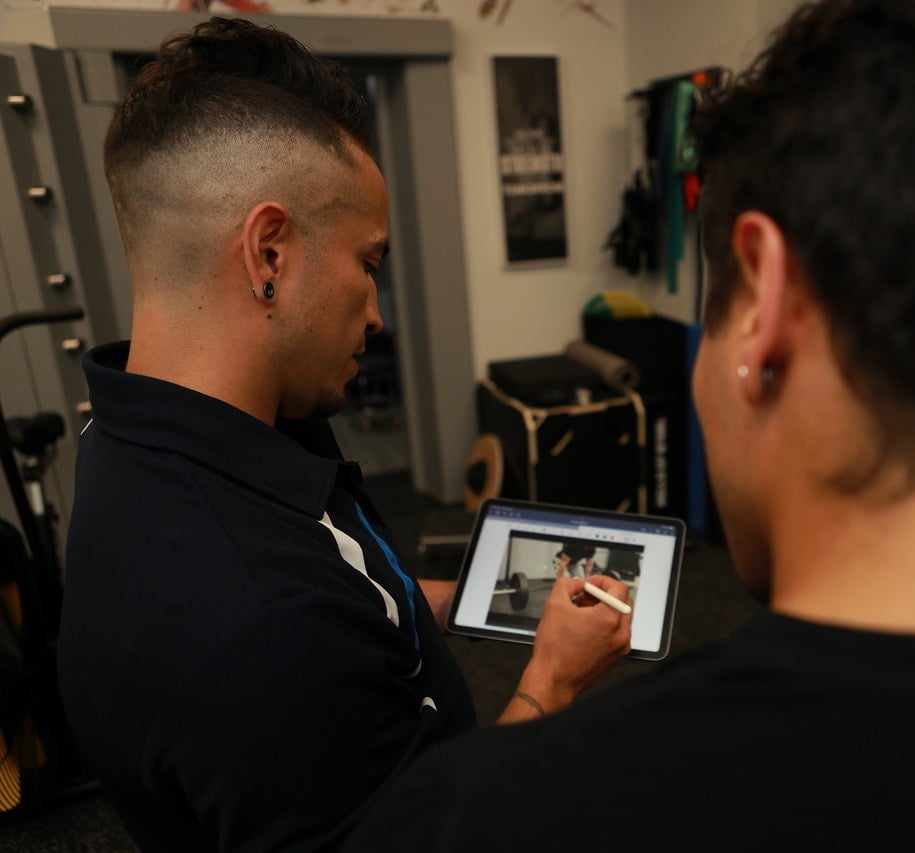Ive had a great experience here with the health program and working with the NP. They went through a transition phase and handled it so well and make sure I was taken care of through the whole thing. They have been quick to respond and get me appointments. 100% recommend.













